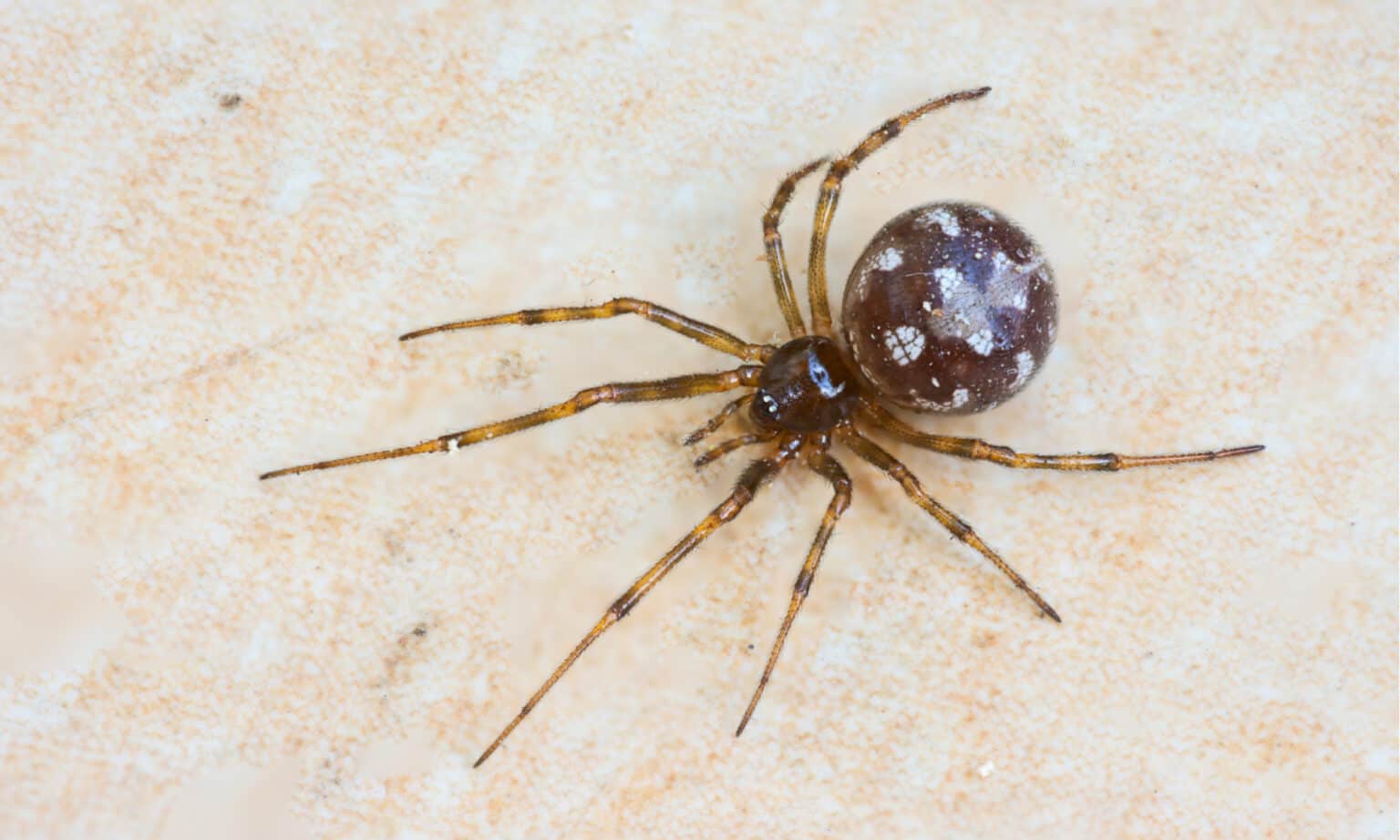Yes, Spiders Poop!
Have you ever wondered if spiders, like other creatures, leave behind evidence of their digestion? The answer is yes, spiders do poop! While it might seem like a strange thing to ponder, understanding spider droppings offers a glimpse into their fascinating world and their vital role in our ecosystem.
What Does Spider Poop Look Like?
Spider poop, sometimes called “frass,” doesn’t resemble the solid droppings of mammals. Instead, it appears as small, dark-colored splatters or drips, often likened to miniature abstract paintings.
Here’s a closer look at its characteristics:
- Texture: When fresh, spider poop is semi-liquid and slightly gooey. As it dries, it becomes crumbly.
- Color: The color varies depending on the spider’s diet, ranging from black and brown to gray. White droppings might indicate a diet of insects with white exoskeletons.
- Size: Spider droppings are tiny, usually only a few millimeters in diameter.
- Location: You’ll typically find spider poop wherever spiders hang out: under webs, in corners, along baseboards, and on windowsills.
Distinguishing Spider Poop from Insect Frass:
It’s easy to confuse spider droppings with insect frass. Here’s a handy guide to help you differentiate:
| Feature | Spider Poop | Insect Frass |
|---|---|---|
| Texture | Gooey when fresh, then crumbly | Dry and powdery |
| Color | Usually dark (black, brown), sometimes white | Often lighter (tan, brown) |
| Shape | Irregular splatters | More uniform, pellet-like |
| Location | Under webs, corners | Near food sources |
How Often Do Spiders Poo?
The frequency of spider defecation varies depending on several factors:
- Age: Baby spiders (spiderlings) poop more frequently than adults, sometimes multiple times a day, due to their rapid growth and metabolism.
- Size and Species: Larger spiders generally poop less often than smaller ones. Additionally, different species have evolved unique metabolisms and digestive processes, influencing their bathroom habits.
- Diet: Spiders that eat more frequently or consume larger prey are likely to poop more often. The color of their droppings can even offer clues about their diet.
- Molting: The molting process, where spiders shed their exoskeletons, can also affect their poop frequency. They may poop more or less often before and after molting.
Don’t Mistake Poop for Eggs!
Spider droppings are often mistaken for egg sacs. However, there are clear differences:
- Spider Poop: Irregularly shaped, splattered spots.
- Egg Sacs: Smooth, round or oval-shaped, and often protected within a silken web.
Why Do We Care About Spider Poop?
While it might seem insignificant, spider poop can provide valuable insights:
- Pest Control: Identifying spider droppings can confirm an infestation and help target control efforts.
- Cleaning: Fresh spider poop is easier to clean than dried droppings, so early identification can save you some scrubbing.
- Scientific Insights: Scientists can analyze spider droppings to learn about a spider’s diet, health, and even the environment it lives in.
Do Spiders Really Produce Feces?
Yes, despite their small size, spiders do produce feces. Like all living organisms, they need to eliminate waste products from their bodies. Instead of solid poop, they excrete a semi-liquid waste product through an opening called the anus, located on the underside of their abdomen.
Key Points:
- Spiders eliminate waste as a semi-liquid substance, not solid droppings.
- Spider poop is a mixture of digested food and body byproducts.
- The color of spider poop can vary from dark black to muddy brown.
- Spiders often poop near their webs or resting areas.
- Spider poop is not harmful to humans.
- Studying spider poop can provide insights into the spider’s diet, health, and ecological role.
People Also Ask:
“So, a baby spider may defecate several times a day, while an adult spider may only need to poop once every few days or even once a week. This is just a generalization, though, and there are always exceptions to the rule. For example, some spiders may need to poop more often if they are ill or if they have just molted (shed their skin).”
Curious About Other Interesting Facts?
Did you know that you can drive with a punctured tire under certain circumstances? Learn more about the factors that determine if it’s safe to drive with a flat tire in our article, “Can I drive with a punctured tyre?.”
For those with diabetes who are considering body art, we have you covered. Discover essential information about getting tattoos if you have diabetes in our comprehensive guide, “Can diabetics get tattoos?.”
- Crypto Quotes’ Red Flags: Avoid Costly Mistakes - June 30, 2025
- Unlock Inspirational Crypto Quotes: Future Predictions - June 30, 2025
- Famous Bitcoin Quotes: A Deep Dive into Crypto’s History - June 30, 2025

















1 thought on “Can Spiders Poop? Unraveling the Mystery of Spider Droppings”
Comments are closed.